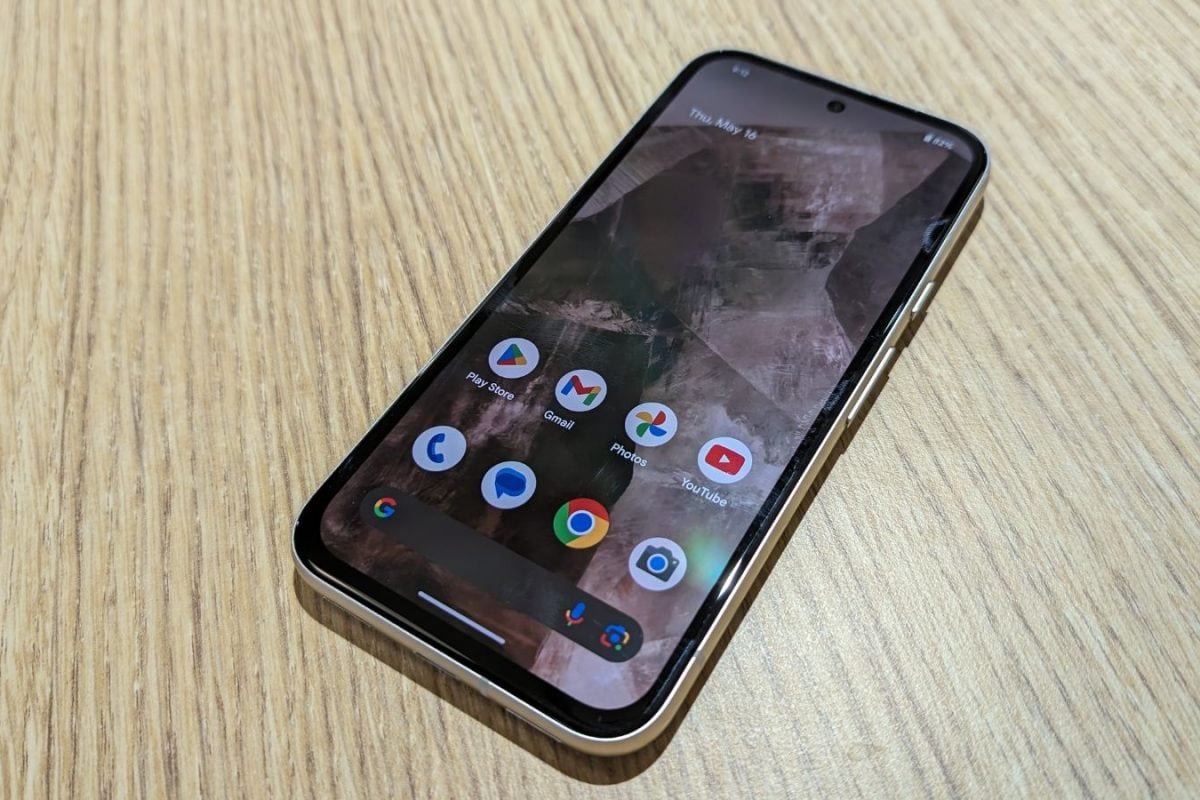
In the wake of the Trump Administration’s campaign against DEI initiatives, signing executive orders banning it in the federal government, many companies in the tech industry have fallen in line. In a complete 180 from promises made in 2020 to maintain a commitment to diversity, many high-profile tech organizations such as Google, Amazon, and Meta are now making headlines for ending DEI programs. And they moved fast, making changes to DEI language and programming as early as January 10, over a week before the Trump administration officially took office.
Organizations across every industry are reportedly facing pressure from shareholders, with proposals being raised to reduce DEI language and eliminate diversity goals from public filings. Companies such as Costco and Apple have pushed back against these proposals, however, but many more have acquiesced, moving to eliminate DEI language from public filings, fire DEI personnel, and cancel internal DEI programs and initiatives. As the dust settles following the Trump administration’s executive orders during his first week in office, here’s where the tech industry currently stands on diversity, equity, and inclusion.

Meta In January this year, Meta announced it was ending several internal DEI programs centered around diverse hiring practices. Chief diversity officer Maxine Williams was also moved into a new role focused on accessibility and engagement. Meta alleges that some of this pull back is to better focus efforts on how to apply fair and consistent practices that mitigate bias for all, no matter your background, according to a leaked memo from Janelle Gale, VP of HR.
So far, these efforts have included ending representation goals, stopping diverse approaches to hiring, and abandoning supplier diversity efforts, while also cancelling equity and inclusion programs and cutting the Meta DEI team. It’s difficult to understand how these efforts will support the greater picture of diversity in a notoriously homogenous industry, especially given Meta’s own diversity data. In 2022, showing that its US workforce comprised of 46.
5% Asian and 37.6% White employees, but only 6.7% Hispanic and 4.
9% Black. The goal was to double the number of Hispanic and Black employees by 2024, but it seems those plans have been abandoned. The company also pledged a $1 million donation to Trump’s inauguration, and added UFC president and CEO Dana White, a vocal Trump supporter, to its board.
The company also replaced its president of global affairs, bringing on Joel Kaplan, a prominent Republican, according to Axios. Google Following in the footsteps of Meta, Google has eliminated all diversity hiring targets, and although the company has consistently released diversity reports since 2014, the reported that Google will evaluate further releasing such reports. Additionally, Google said it plans to review all DEI initiatives to see that it’s compliant with executive orders aimed at diminishing DEI.
The company’s annual 10-K filing made no mention of diversity, despite mentioning it eight times in the previous 2023 filing. The company also removed a handful of cultural events from the default Google Calendar at the end of 2024 and changed Gulf of Mexico to Gulf of America for all Google Maps users in the US. Meanwhile, users in Mexico see Gulf of Mexico, while all users outside the US and Mexico see both Gulf of Mexico and Gulf of America when viewing that area of the map.
In the first all-staff meeting held after Google announced it would retire DEI initiatives and abandon a pledge not to build militarized AI, Melonie Parker, the company’s former head of diversity, told employees the organization was updating programs focused on DEI content. Chief legal officer Kent Walker also defended the organization’s abandoned pledge regarding the development of militarized AI by stating AI principles have changed since they were first introduced in 2018. Plus, Walker told employees it’s for the good of society that the company stays engaged in any geopolitical discussions surrounding AI, which is why they removed prohibitions against building AI for weapons and surveillance.
This comes not long after which was in place to regulate potential risks around AI development regarding national security, the economy, and overall public health. Amazon Amazon cut diversity related language out of its annual report and website this year and has halted some DEI programs, stating the company was in the process of winding down outdated programs and materials, despite a pledge set in 2020, and reaffirmed in 2021, to double Black leadership at the VP and director levels. However, the organization’s Positions page states the organization is committed to creating a diverse and inclusive company, according to a statement to TechCrunch.
The organization has also stated that employee-led affinity groups will continue operating. There was an effort to boycott retailers, including Amazon, over reversed DEI policies, but according to Bloomberg Second Measure US Consumer Spend Index, spending with Amazon stayed within the typical daily variation during this time. IBM IBM’s inclusion page remains live on its website, and when asked by conservative think tank The Heritage Foundation to drop the company’s DEI pay incentive target, IBM moved to block the proposal—an unsurprising move for a company that’s included sexual orientation in its global nondiscrimination policy since 1984, and updating it to include gender identity and expression in 2002.
IBM has consistently stayed at the forefront of diversity support since the mid-2010s, ranking as the world’s most LGBTQ+ friendly employer by the Workplace Pride Global Benchmark three years in a row in 2016. And for 15 consecutive years, IBM has earned a score of 100% on the Human Rights Campaign’s Corporate Equality Index, an annual ranking of the best places to work for LGBTQ+ equality. In 2020, the company also publicly apologized to transgender computer pioneer Lynn Conway, who was fired from IBM during her transition in 1968, even after the organization promised to support her and despite her significant contributions to the industry.
While the apology was over 50 years too late, it demonstrates the organization’s commitment to accountability and transparency to support the LGBTQ+ community in tech. Apple In a recent shareholder meeting, a proposal from a conservative group calling to strike down DEI policies was rejected, with Apple advising shareholders to vote against the proposal. Apple hasn’t made any changes to its website or diversity language, seemingly committed to moving forward with fostering a more equitable industry, and its website maintains its diversity data, allowing users to see global demographic data on employees since 2014.
At a recent AGM, a and quickly rejected with an overwhelming 97% votes cast against it. In the current climate, Apple has made moves that show the organization plans to maintain its support of inclusivity and progress. Salesforce Salesforce is another company that scrubbed mentions of diversity targets form it’s 2023 10-K filing, but it released a 2024 “equality update,” reinforcing its commitment to diversity and representation.
CEO Marc Benioff also stated in a conversation with Axios that the company would stand by employees in the face of anti-DEI orders from the Trump administration. “Presidents change, administrations change. We don’t change,” Benioff said in an interview with MarketWatch.
“We’re the same company. We’re the same core values.” Salesforce has disclosed the demographic makeup of its workforce before it was commonplace.
It’s also launched efforts to reduce pay gaps, and Benioff cancelled events in protest of a law in Indiana that allowed businesses to use religious freedom as a defense against LGBTQ+ discrimination. Salesforce also pushed for a commitment to DEI in 2019, before the greater 2020 push for DEI following the murder of George Floyd in Minneapolis. Microsoft In the organization’s October 2024 inclusion report, Microsoft CEO Satya Nadella acknowledged the importance of maintaining a diverse workforce.
But soon after, the organization moved to lay off its internal DEI team, noting changing business needs in a leaked memo to . Microsoft was quick to respond to allegations that these layoffs were in response to the woke backlash in the rest of the industry. , the organization stated the positions were eliminated due to redundancy on the events team, and that the company’s global DEI team was still intact.
A spokesperson for Microsoft also told the organization remains committed to diversity and inclusion, noting the focus remains unwavering and that it plans to hold firm on expectations, prioritizing accountability, and continuing to focus on this work. Other companies abandoning DEI Other companies committed to diversity.














